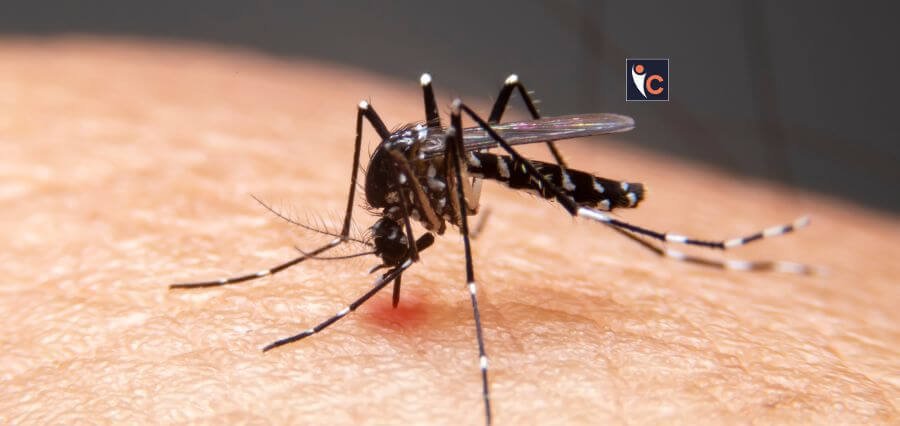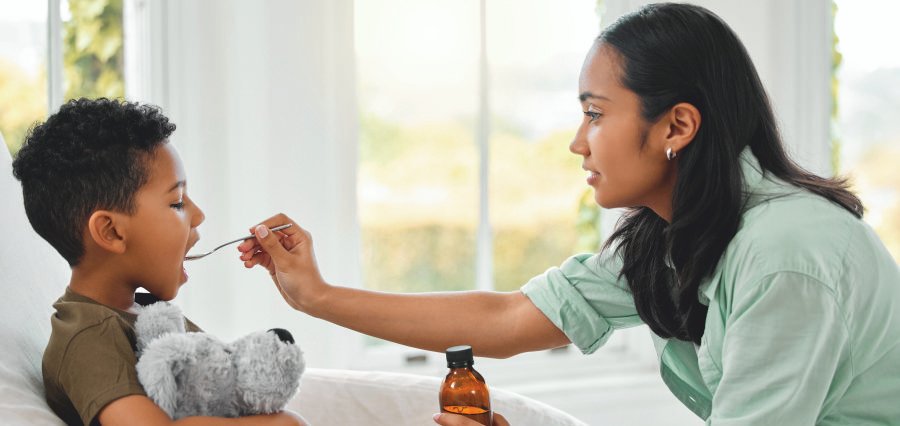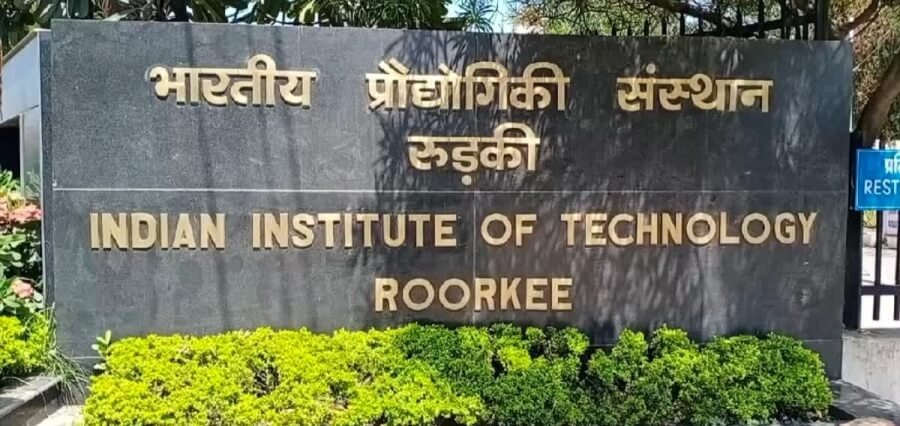With the Punjab health department reporting 221 dengue cases, the disease is rapidly spreading across the state. Hoshiarpur has been the hardest hit, with 56 cases, followed by Ludhiana with 34 cases and Mohali with 20.
Health Minister Dr. Balbir Singh emphasized the need for public participation to control the outbreak. He noted that last year Punjab reported 13,687 dengue cases, a viral infection transmitted by mosquitoes, particularly prevalent during the monsoon season. The health department has found a significant amount of dengue larvae during their anti-dengue activities, raising concerns among officials.
“We are well prepared for dengue this season, but we need community participation to control the disease that can also prove fatal. People should take proactive steps to check the spread of dengue,” Dr. Singh stated.
Health officials have increased the number of government-run testing labs from 42 to 47 this year and have raised the number of breeding checkers from 800 to 1,200. Larvicides are being sprayed at water stagnation points to stop the breeding of dengue larvae.
A health official, who wished to remain anonymous, highlighted that post-rain dengue breeding sites in open areas and households may have increased. “We need community participation to fight dengue and avoid an outbreak this year too,” the official said.
Health officials also noted that rural and semi-urban areas, which previously reported fewer dengue cases, have now become hotspots for the disease.
Read More: Click Here





